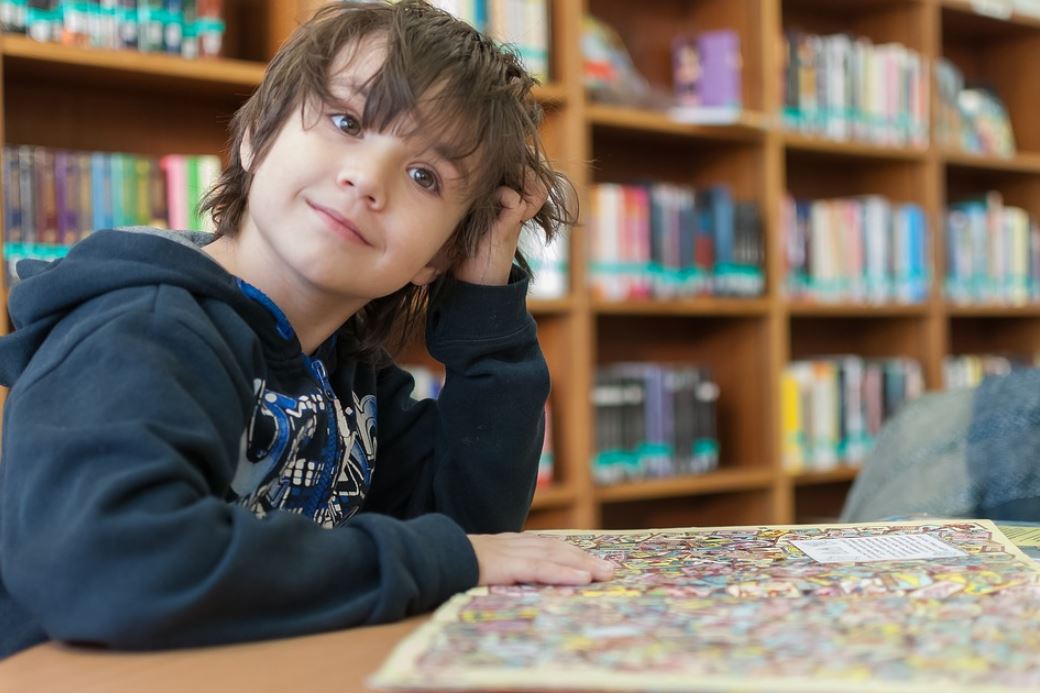Several years ago I got into a conversation about classical education in which my conversation partner asked, “Isn’t that the kind of education that all those overachieving homeschoolers are into?”
I had to laugh. Yes, classical education has that reputation.
But the high-achieving nature of classical education hasn’t deterred interest. In fact, classical curricula are proliferating in homeschools, private schools, and charter schools.
To understand its popularity, I was wondering what sets classical education apart from the traditional schooling that so many students are used to.
Author David Hicks sheds some light on this in his book “>Norms and Nobility: A Treatise on Education.
According to Hicks, one of the main differences of classical education is its openness to questions, particularly those pertaining to morality:
Unlike Aristotle, the modern educator looks upon observation, not reason, as the starting point; and he distrusts the classical school master’s tolerance for normative questions and for the use of methods appropriate to such questions, as well as his insistent search for moral content and reasonable form in history, literature, religion, and art. His misgivings stem perhaps from a too lofty regard for the experimentally verifiable or from a lack of sympathy with the goals of the classical teacher, who is not trying to serve up verifiable facts, but is hoping to engrain in his students the wonderful spirit of inquiry. Whatever his reasons for rejecting the classical curriculum, his classrooms suffer from its absence in three notable ways. In them, human experience tends to be dealt with narrowly and reductively, broken down into isolated, unconnected units; students ignorant of what questions to ask are presented with uninvited and consequently meaningless information; and there is no basis for making moral and aesthetic judgments or for attaching learning to behavior. [Emphasis added.]
Classical education doesn’t stop with questions, however. Once those questions have been asked, both teachers and students in the classical model must wrestle with truth, and then determine how they will apply that truth to their lives:
On the other hand, the classical form of instruction serves a cultural purpose, as well as an intellectual one. It invites the student to adopt for himself his civilization’s highest moral and aesthetic values; at the same time, the student learns the rules governing a universal process of inquiry. There is, of course, more than a hint of dogma in any education presuming to pass judgment on the way a person lives and on the way he thinks. Yet a classical education presents the right way, not with the intention of stifling future inquiry, but as a necessary starting point for dialogue. In this sense, dogma can resemble art: it confronts man with some truth about himself, a kind of truth that might have taken him a lifetime of error and misdirection to arrive at for himself, but ultimately, a truth he must test in his own experience of life if he is to appropriate it for himself and benefit from the confrontation.
Classical education tests its students’ assumptions about truth and morality. It may seem like traditional education’s approach of presenting students with facts to accept at face value is a far easier proposition, rather than having them wrestle with concepts that may have uncomfortable implications for their life journeys. But an increasing number of students and parents are saying that they are up to the task.
—
[Image Credit: Pixabay]
















4 Comments
Mariano Beaudet
July 25, 2022, 3:36 pmThanks for the interesting article. I believe that traditional education is very outdated in its methods. Many products are now aimed at a convenient form of the online platform. For example a service https://essays.studymoose.com/research-paper-writing-help for students where you can get research paper writing help. So education becomes more accessible and effective. I think you have to follow the progress.
REPLYzinbeauty
August 30, 2023, 1:13 amThanks so much for sharing. ?
REPLYvostfr-streamings
October 28, 2024, 9:39 amThanks so much for sharing.
REPLYipvts
November 25, 2024, 8:38 amThanks for the interesting article.
REPLY